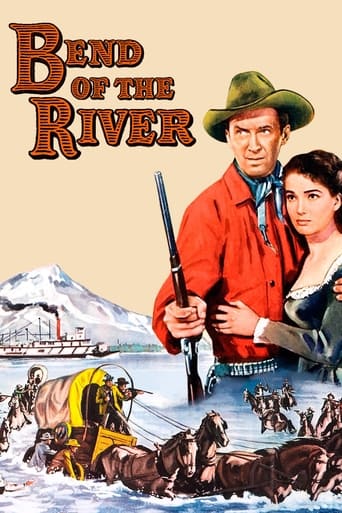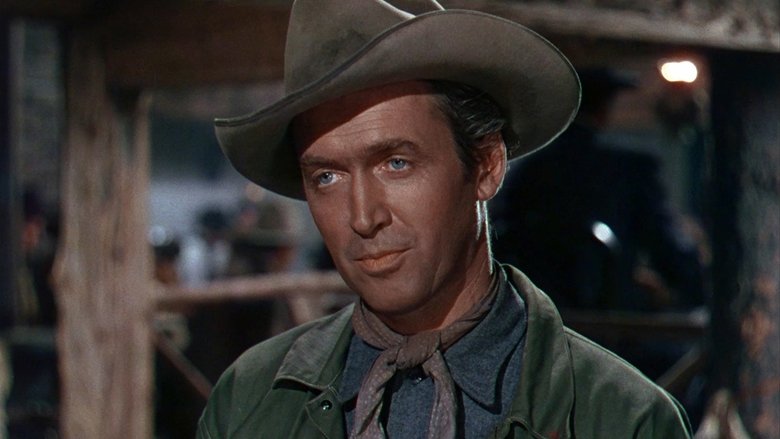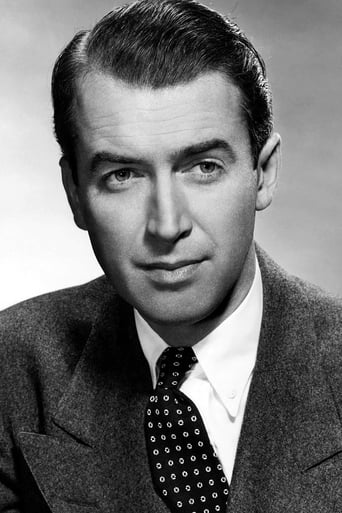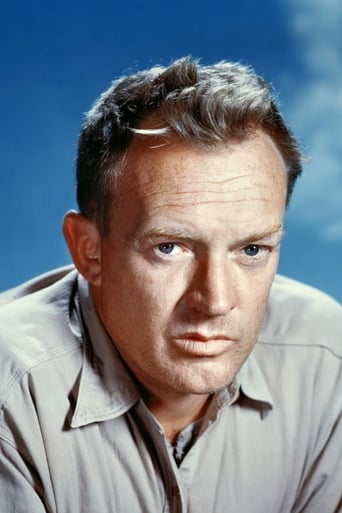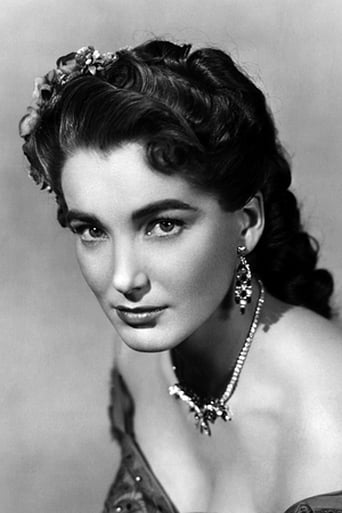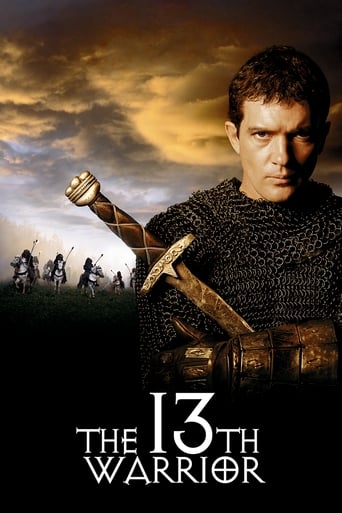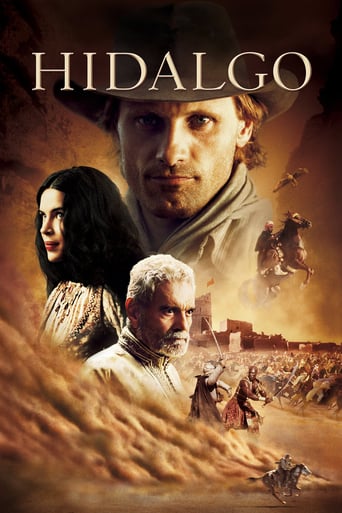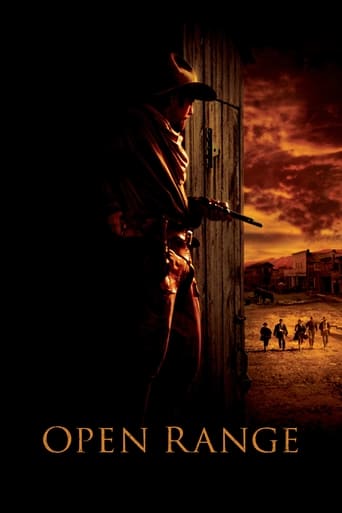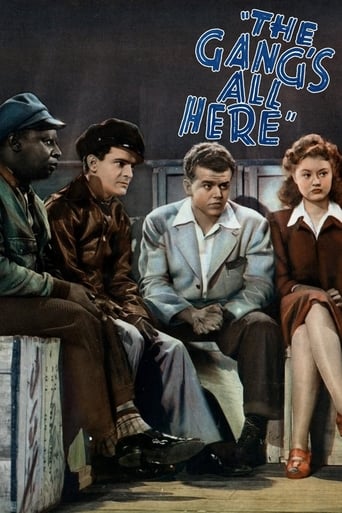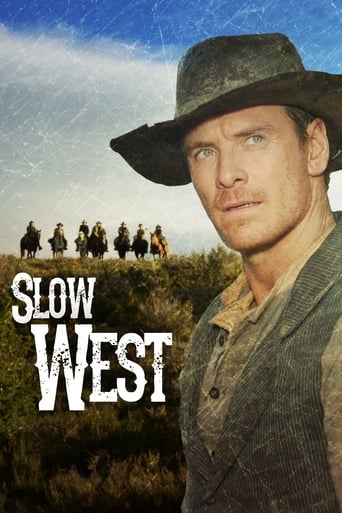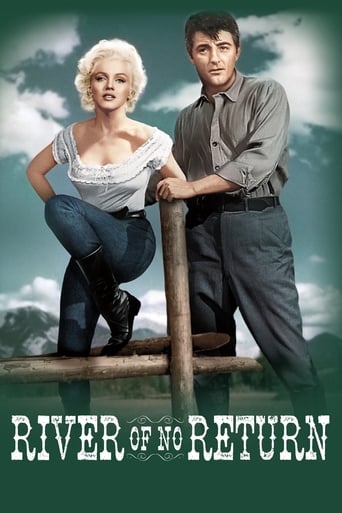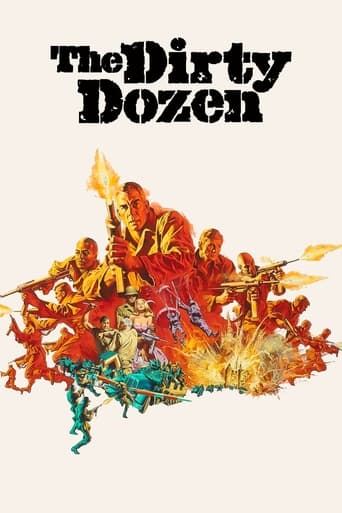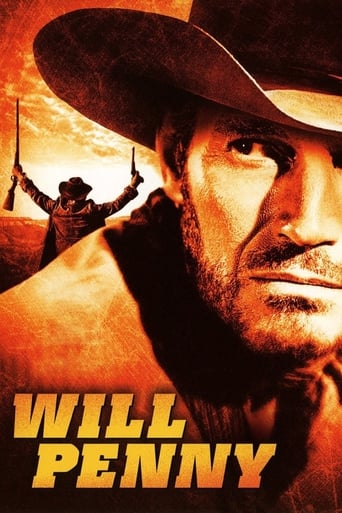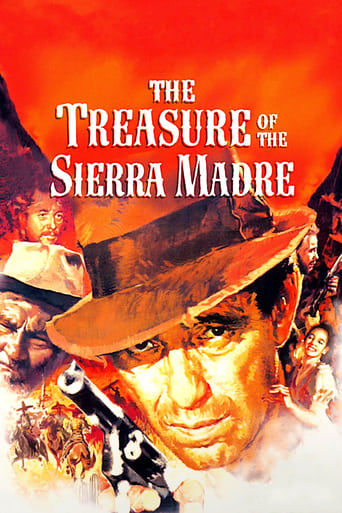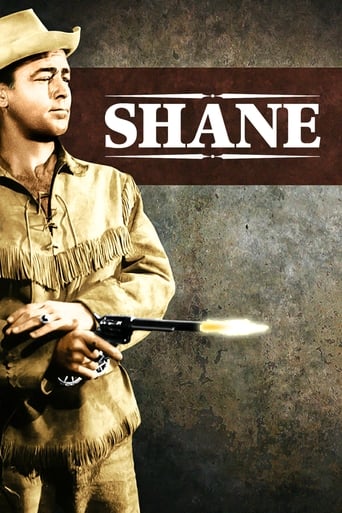Bend of the River (1952)
Two men with questionable pasts, Glyn McLyntock and his friend Cole, lead a wagon-train load of homesteaders from Missouri to the Oregon territory...
Watch Trailer
Free Trial Channels
Cast


Similar titles
Reviews
Overrated
I like movies that are aware of what they are selling... without [any] greater aspirations than to make people laugh and that's it.
The movie's neither hopeful in contrived ways, nor hopeless in different contrived ways. Somehow it manages to be wonderful
The thing I enjoyed most about the film is the fact that it doesn't shy away from being a super-sized-cliche;
it respects the rules of genre in each detail. so, at first sigh, it is only other western. but the good point is the cast and a seductive Arthur Kennedy who, using stereotypes, creates more than an ordinary villain. the presence of James Steward and Rock Hudson is a virtue in same measure and that details, the decent script who use all flavor of genre, the music and the lovely performance of Julie Adams does a nice, beautiful film. the honor, duty and change of life, the fight scenes and the end are significant parts from poetry of western and the result is just respectable.not only for fans of lead roles but for the searcher of old soft dramas in which the basic values are impressive pillars.
Jimmy Stewart and Arthur Kennedy play Glyn McLyntock and Emerson Cole, two friends with mysterious(and questionable) pasts who agree to guide a group of homesteaders from Missouri into Oregon. They make camp outside of Portland as winter arrives, so Glyn and Cole bring them supplies which they will need if they are to survive. The homesteaders(led by Jeremy Baille, played by Jay C. Flippen, and his two daughters, played by Julie Adams & Lori Nelson) become close to Glyn, but Cole isn't so attached, and when they receive a better offer to divert the supplies to gold prospectors, Cole takes the supplies by force from Glyn. Enraged by the betrayal, he vows to kill his former friend, and help the homesteaders.Underrated western is beautifully filmed in color on location, with a compelling story, excellent direction by Anthony Mann, and fine performances, especially Stewart.Makes a fine double feature with "Winchester '73".
Very entertaining and colorful combination of character study, complicated plot, gun play, wagon train realism, beautiful eligible young women, and fantastic on site scenery in the Mt. Hood and nearby Columbia River region, all in crisp Technicolor. Whereas John Ford liked to site his westerns in the dry Southwest, Anthony Mann preferred the verdant Pacific Northwest, also evidenced in "The Far Country" and "The Last Frontier", for example.On the down side, there are some problems with historical, physical and psychological realism. I am confused just when this story supposedly takes place. According to Wikipedia, it occurs in 1847. But, several features of the screen play say that can't be, and nothing in the film indicates the year. Jimmy Stewart's and Arthur Kennedy's lead characters are both former participants in the Missouri-Kansas border wars, which didn't begin until after Kansas was made a territory in 1854, continuing through the Civil War. Then, there is the matter of the gold rush. We might be generous in assuming that the screenwriter was thinking of the 1862 strike in the Blue Mtns.,relocated to the Mt. Hood area. Riverine steamboats first began to ply the lower Columbia in 1850, although none were named "River Queen", as was a famous East Coast(not Mississippi) steamer. As depicted, the Shoshone(or Snake) tribe did have many skirmishes with settlers and the US army in the 1850-60s. However, it took 6 months to complete the Oregon Trail. Thus, a spring arrival, as stated, isn't feasible, horses(as shown) rarely pulled the wagons, and the Little Bighorn(as Kennedy questions) was irrelevant.The later Mann-Stewart film "The Far Country" exhibits many similarities to this film. Both involve Stewart as a traveling loner, with a price on his head for murder. Both were mainly shot in the Cascades or Canadian Rockies, and both involve a gold rush as central to the story. In both films, there is fighting over the ownership of food desired by the miners. Stewart mostly has a partner, who eventually is killed. There are two central young women in both. Stewart nicknames the younger of the two 'funnyface' to denote that he thinks them too immature as a romantic interest for him...There are some important differences. In the later film, Stewart's character is the quintessential anti-hero: not interested in getting involved in other people's problems. In this film, he is repeatedly a hero, risking his life to help others. Also, his traveling buddy(Kennedy) in most of this film, whom he saves from a lynching, without knowing the details, eventually becomes his arch enemy, whom he must kill to fulfill his mission of delivering essential supplies to the settlers whom he guided to Oregon. Kennedy's character(Emerson Cole), as well as Tom Hendricks, the steamboat owner who promised to deliver supplies to the wagon train settlement, then reneged when he could sell them at a much higher profit to miners, represent men whose sense of duty is overcome by greed, in contrast to Stewart's character. The point is that Jeremy Baile's(Jay Flippen) expressed distrust of men with a violent period in their past(Stewart's and Kennedy's characters), who seem reformed, is sometimes justified and sometimes not. The latter may revert to their former selves, given sufficient reason and opportunity. In Kennedy's case, it was the mutiny of the gang of helpers in getting supplies to the settlement, and Stewart's refusal to join him and them in redirecting these supplies to the miners that instigated his changed attitude. Kennedy argued that the settlers(and the justice system) would hold their past against them forever, once they were found out. Stewart admitted this was a possibility, but chose to take the chance that his repeated heroism on behalf of the settlers would absolve any doubts about his changed character.Chubby Johnson. as always cheery Cap'n Mello, provides unrealistically accommodating willingness to help Stewart and the settlers in their violent clash with his boss, Hendricks, over their due supplies. African American Stepin Fetchit displays his stock 'coon' character as Mello's seemingly retarded first mate.Stewart seems an unrealistic superman in his chase of the mutineers, just after having been thoroughly beaten up and left without a horse or firearm. Rock Hudson's enigmatic role as a professional gambler dandy, turned member of the settler's 'gang' is interesting. Why? He figures he owes Cole something for saving his life in a gambling dispute. Later, he seems to side with Cole during the mutiny(probably to save his skin!), then switches back to being Stewart's aid when the latter unexpectedly shows up. His consistent flippant attitude toward the obvious overtures of luscious Lori Nelson presumably reflects a message of desired independence, and we are left wondering if they become a couple. Mann usually left the romantic aspects minimally covered and mostly implied. Stewart refused to be cast with Rock again, after he got a bigger applause than Stewart at the premier.
The movie holds audience attention throughout, and is more thoughtful than most large-scale full color westerns. It is well-paced, muscular, has Arthur Kennedy acting strongly as a counterbalance to James Stewart, and answers the prime question of whether a man with violent crime in his past can change for the good, and permanently. Or rather, in this instance, two men can both change... Achieving all this might seem a tall order for director Anthony Mann, but it doesn't mean he needs acting depth in a large cast in order to succeed. The thespian qualities on display are pretty much confined to Stewart and Kennedy. The other characters neither demand much ability in front of the camera nor are developed as the viewing moves on. Rock Hudson, as a professional gambler, is a case in point. It was, however, very early in his serviceable career. Julie Adams (appearing on posters as Julia), is the number one love interest, and contributes her wonderfully fresh prettiness and soft, clear voice. Lori Nelson is also engaging near the start of her career. This picture show is engaging and satisfying enough to rate well above average fare.

